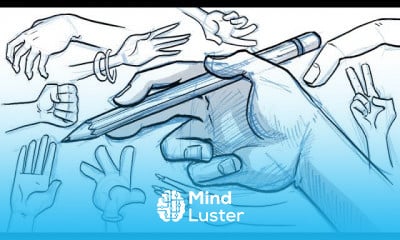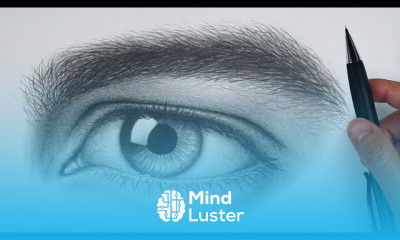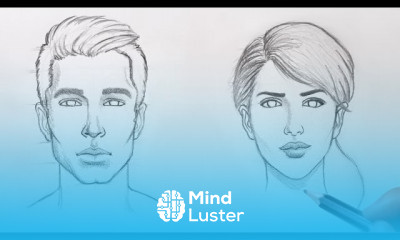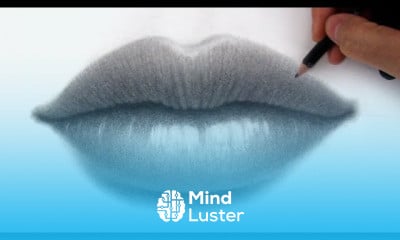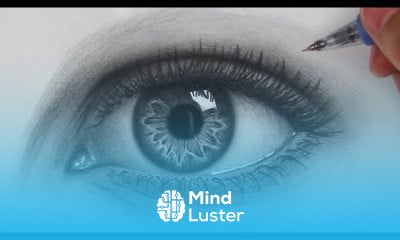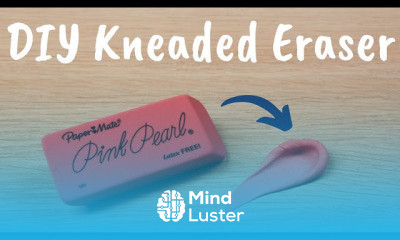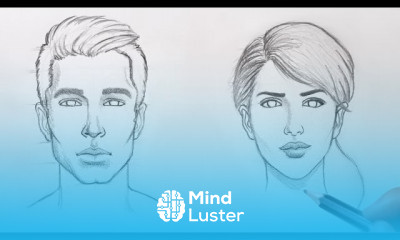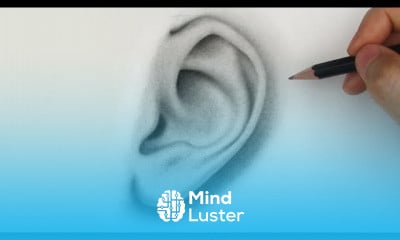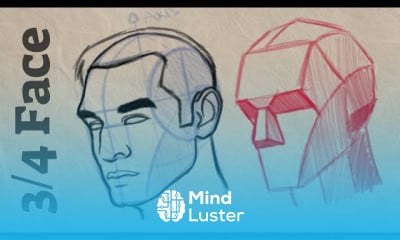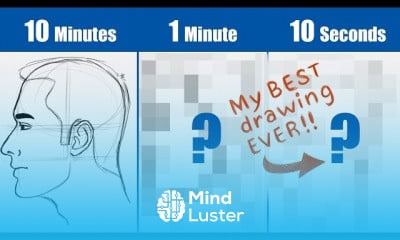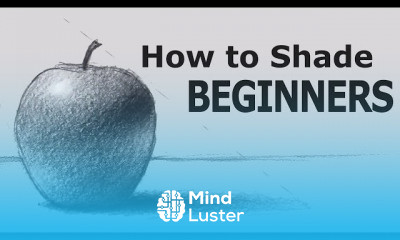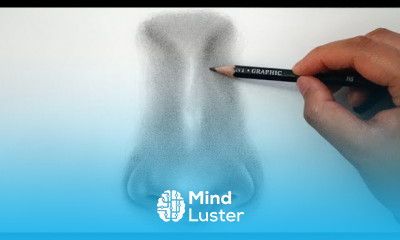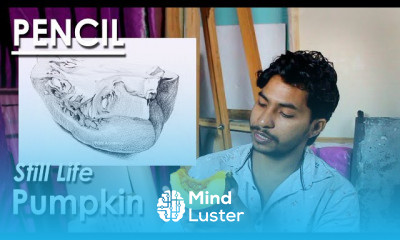Watercolor Pencil A Composition on Autumn | steps to follow
Share your inquiries now with community members
Click Here
Sign up Now
Lessons List | 274
Lesson
Show More
Lessons
Comments
Related Courses in Drawing
Course Description
Watercolour pencils, also called aquarelle pencils or water-soluble pencils, are essentially sticks of watercolour pigment encased in wood like a pencil. The formulation of the binder (the “glue” that sticks the pigment together) allows ready re-wetting as well as dry use, so they can be used as either coloured pencils or as watercolour. Their strength as a medium lies in their ability to combine the two effects.
Watercolour pencils have been around for quite a while, but until recently, the colour selection was very limited. Now that they are available in an increasingly large range of colours, watercolour artists have started looking at them as a portable, clean alternative to watercolours for field work (they are great for travel and painting en plein air!), and coloured pencil artists are able to add the element of direct-from-the-pencil washes to their repertoire without resorting to the toxic solvents needed to do this with regular coloured pencils.
In addition to standard watercolour pencils, there are other types of water-soluble drawing mediums, ranging from water-soluble graphite pencils to woodless water-soluble pencils and even crayons. Some are softer than others, and the best kind to choose is whatever makes you feel most comfortable in your drawing. You can test out the different kinds by buying one pencil from each brand from open stock and comparing how they work in an actual drawing.
The best kind of paper for watercolour pencils is also a matter of personal preference and the techniques of the individual artist. Because it is a wet medium, a good quality watercolour paper is preferred if you are going to work very wet, since it will not buckle so much. The drawback to watercolour paper is that is often has a pronounced texture (except for hot-pressed paper) which can get in the way if you are trying to achieve a smooth drawing or a lot of detail. The paper I recommend for my workshops is Rising Stonehenge, a heavy-duty drawing and printmaking paper, which handles a certain amount of water well. If you intend to work very wet, a board and masking tape are helpful to allow the paper to dry smoothly. You can also press it under weights (a couple of heavy books will do it) between two clean sheets of paper after it is almost dry. Experiment with different papers to find the ones you like best for your style.
Ways of working in watercolour pencils:
Dry pencils on dry paper: you can just leave the drawing dry, or wet lightly to keep the texture; or use more water to increase the watercolour effect.
Wet pencil on dry paper: you can wet the tip of the pencil by dipping in water, or with your brush, to create a bold wet stroke, which lightens as the water runs out. Try not to get too much of the wood pencil wet, as it will swell and can cause problems with sharpening it. If you like this technique, you may want to try woodless aquarelles or crayons to avoid the wet-wood problem and get more paint on the brush at one time.
Dry pencil on wet paper: wet the paper in one area or all over, and draw bold, broad lines with your pencils. There will be some bleed, depending on how wet the paper is; this can create some lovely effects but is a little harder to control – just go with the flow! Be gentle if you use very sharp pencils when the paper is wet if you don’t want to create indented lines.
Trends
Electrical engineering for engineer
Graphic design tools for beginners
Theory of computation fundamentals
Microsoft Excel
Artificial intelligence essentials
Human Resources Management
Build a profitable trading
Microsoft Word
Cyber Security for Beginners | Edureka
Making money with apps
Essential english phrasal verbs
Python for beginners
Build a tic tac Toe app in Xcode
AUTOMATA THEORY
Learning English Speaking
Excel skills for math and science
American english speaking practice
English vocabulary verbs
Computer science careers
Bioinformatics basics
Recent
Bioinformatics basics
Bioinformatics databases
Vitamin A to Z tablets
Best zoology books
Best cream for piles pain
Laser surgery for piles
Best cream for piles
Anal fissure treatment
Best antibiotics for diseases
Antibodies structure
Macrophage structure
Drosophila genetics
Diagnostic tests
Bioinformatics
Genetics
Gene therapy
Kidney structure
DNA replication and types
Bacterial cell structure
Parasite structure


